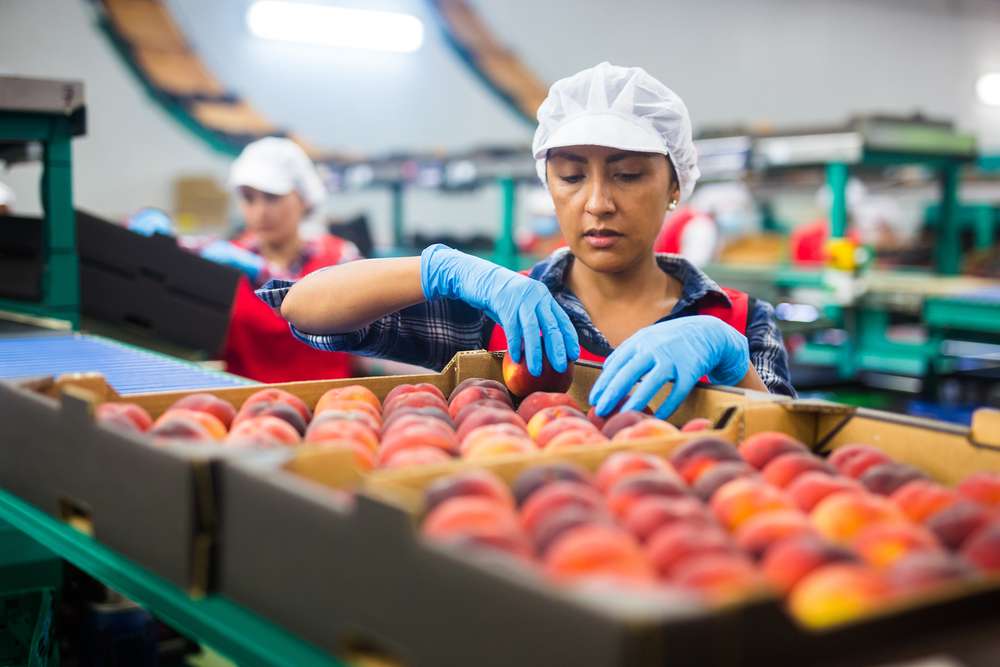Exploring Food Packing Roles for English Speakers in Paris
Individuals residing in Paris who possess English language skills may find insight into the workings of food packing jobs. This sector offers a variety of tasks that are essential to the distribution and logistics of food products. Engaging in this industry provides a practical understanding of packing processes, quality control, and inventory management.

Exploring Food Packing Roles for English Speakers in Paris
In Paris, food packing work supports bakeries, grocery chains, and food producers that ship products across France and beyond. For English speakers, these roles can offer a structured way to participate in the food supply chain while gaining experience in an international city. Understanding what the work involves, what is expected from workers, and how careers can evolve helps set realistic expectations.
Understanding the role of a packer in the food industry
A packer in the food industry is responsible for preparing finished food items for storage, transport, and sale. Tasks can include placing products into containers, sealing and labelling boxes, checking dates and barcodes, and arranging goods on pallets. Work is usually carried out on or around production lines, where timing and coordination matter to keep the flow of products smooth.
Because the products are intended for consumption, hygiene is central to the role. Workers typically wear protective clothing such as hairnets, gloves, and coats to reduce contamination risks. Cleaning workspaces, following food safety procedures, and reporting damaged or suspicious products are often part of daily routines. The role may involve repetitive movements, standing for extended periods, and working in temperature-controlled areas, especially when dealing with chilled or frozen foods.
Requirements for engaging in food packing in Paris
To work in food packing in Paris, the most important requirement is the legal right to work in France. This may involve citizenship, residency documents, or a work permit, depending on a person’s situation. Employers generally ask for basic identification and proof of status, and some may require a criminal record check, especially when food security is a concern.
Language expectations can vary. Some workplaces operate mainly in French, while others use a mix of French and English. Even when English is widely understood, knowing basic French safety terms, instructions, and numbers is helpful for reading signs, understanding supervisor guidance, and cooperating with colleagues. Simple phrases for reporting issues or asking for clarification can make everyday communication safer and smoother.
Physical capability is another common requirement. Food packing can involve lifting boxes, moving pallets with manual tools, and remaining on one’s feet for much of a shift. Employers may outline approximate weight limits and encourage correct lifting techniques to reduce strain. Many workplaces provide training on health and safety, equipment use, and food hygiene standards before new workers handle products directly.
Formal education requirements are often modest, but reliability and attention to detail are important. Arriving on time, following procedures, and carefully checking labels or dates can be central to performance. Some companies also value previous experience in warehouses, factories, or hospitality, because it demonstrates familiarity with fast-paced, practical environments.
Potential pathways for growth within food packing jobs
Although food packing is an entry-level area of the food industry, it can offer progression for people who enjoy structured, practical work. With experience, some workers move into positions that supervise small teams on the packing line. These roles focus on coordinating tasks, monitoring output, and helping new colleagues understand procedures and safety rules.
Another common pathway involves quality control and food safety. Workers who show strong attention to detail may take on responsibilities such as checking product weights, verifying packaging integrity, and recording batch information. Over time, this can lead to positions that concentrate on compliance with food safety regulations or internal quality standards.
Technical roles can also grow out of packing experience. Production lines often rely on machinery for wrapping, sealing, and labelling products. Workers who are curious about how equipment functions sometimes train to operate or adjust machines, monitor faults, and support maintenance teams. This can build a bridge toward more specialised industrial or maintenance careers.
Some people use food packing as a stepping stone into other areas of the food and logistics sectors in Paris. Familiarity with warehouse layouts, stock rotation, and transport schedules can support moves into inventory management, logistics coordination, or distribution planning. Others may combine their experience with further study in food technology, hospitality, or management to broaden long-term options.
In summary, food packing roles for English speakers in Paris sit at the intersection of practical work, food safety, and international urban life. The work focuses on preparing products safely and efficiently, with clear procedures and physical tasks forming the core of each shift. By understanding typical responsibilities, workplace expectations, and possible paths for development, individuals can approach this field with realistic insight into what it involves and how it might contribute to broader career plans.




